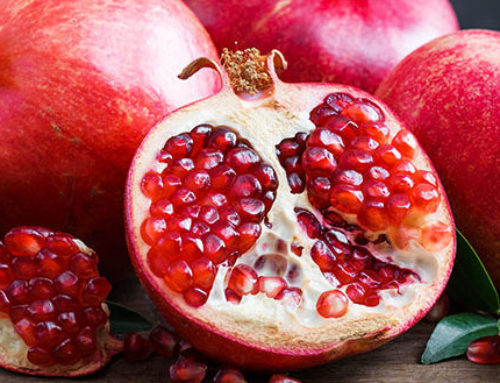
The bright yellow Asian spice turmeric, and its powerful ingredient, curcumin, has recently gained popularity among Western cultures, not just for the delicious flavor it adds to curry and chili, but for its impressive list of health benefits. Grown for its root, curcumin has an ancient history in traditional medicine in China and India. Curcumin has a wide range of health benefits including:
- Arthritis Pain Relief – Knee osteoarthritis is one of the most painful and common age-related joint disorders. A typical first-line treatment is nonsteroidal anti-inflammatory drugs (NSAID). In a small study in the journal Trials, scientists gave 139 patients with knee osteoarthritis either 500 milligrams of curcumin three times a day or a 50-milligram NSAID tablet twice daily for 28 days. At days 14 and 28, the subjects receiving the turmeric reported a 50% improvement, which was similar pain relief noted by the subjects taking the prescription drug. Surprisingly, researchers also noticed that those taking curcumin lost, on average, 2% of their body weight in four weeks.
- Weight Loss – Speaking of weight loss, a number of animal studies have suggested that curcumin does aid in weight loss and reduce belly fat. While much more research is needed, some small human studies indicate that curcumin supplementation may have a positive effect on body composition. A 2015 study of people who were overweight and had trouble losing weight on a 30-day diet and lifestyle change program showed that supplementing with 800 milligrams of curcumin for 30 days led to significant reductions in weight, body fat, and hip and waist circumference.
- Reduced Risk of Diabetes – Related to weight loss, several studies have suggested that curcumin may be effective in preventing type 2 diabetes, including a study from the Diabetes and Metabolic Diseases Research Program at Auburn University. That study compared curcumin to a common diabetes medication and found the anti-inflammatory spice to be even more successful than the prescription drug at lowering blood glucose levels. Other research published in Diabetes Care tested curcumin supplementation in a group of 240 people with prediabetes. The subjects were randomly assigned to take either curcumin capsules or placebo capsules for nine months. More than 16% of the people in the placebo group developed type 2 diabetes compared to none in the curcumin-treated group. Researchers suggested that curcumin improves the function of insulin-producing cells in the pancreas. Diabetes is a result of the loss or dysfunction of these important cells.
- Improved Brain Function – Some recent research has shown that curcumin can block certain inflammatory stimuli and suppress inflammation, which has been linked to neurodegenerative diseases like Alzheimer’s disease, Parkinson’s disease, and multiple sclerosis. A 2018 study in Advances in Nutrition concluded that supplementing the diet with curcumin is a potential approach to prevent accelerated cognitive decline by counteracting chronic inflammatory processes. Other research indicates that curcumin may protect the brain from toxins, particularly aluminum. Aluminum is known to impair memory and spatial learning and can potentially enter the body through the gastrointestinal tract and lungs through cookware, cosmetics, and pharmaceutical products.




